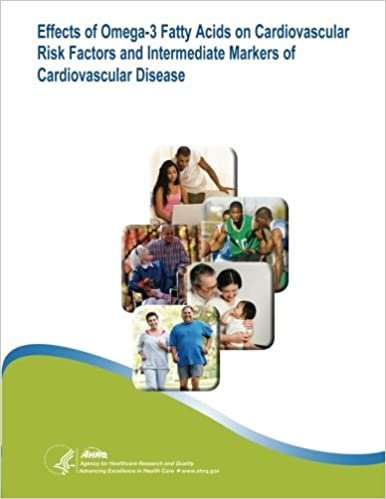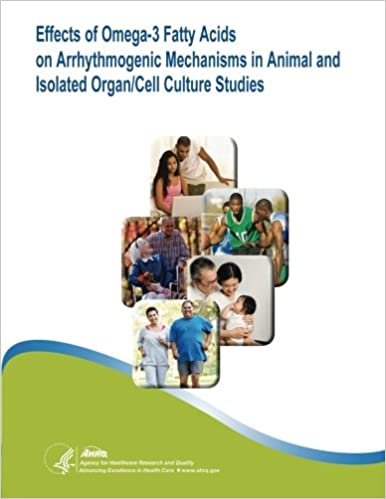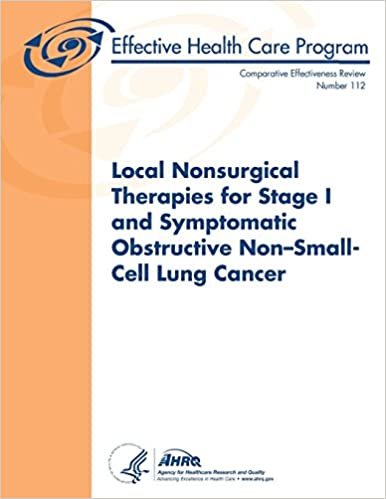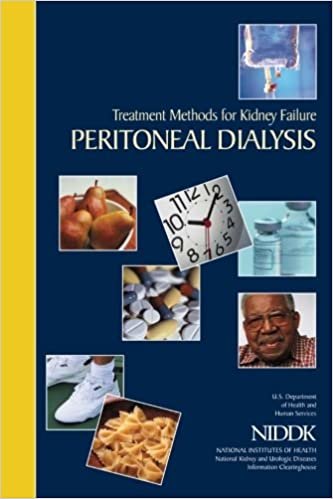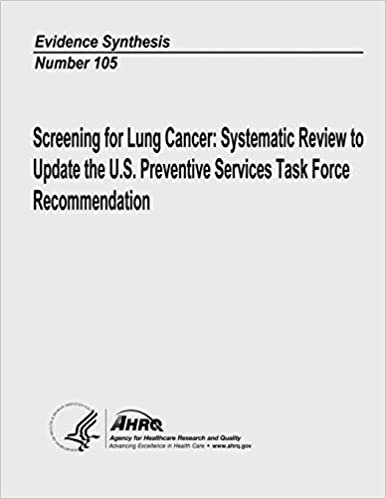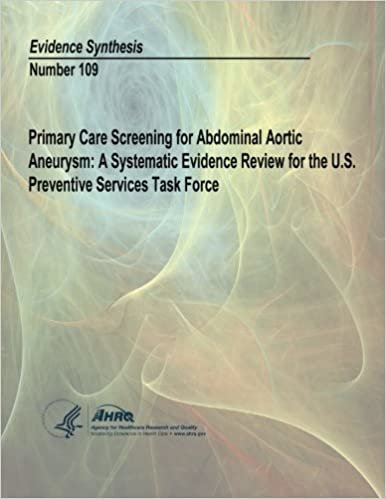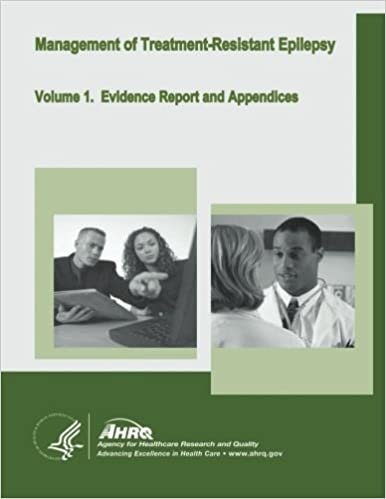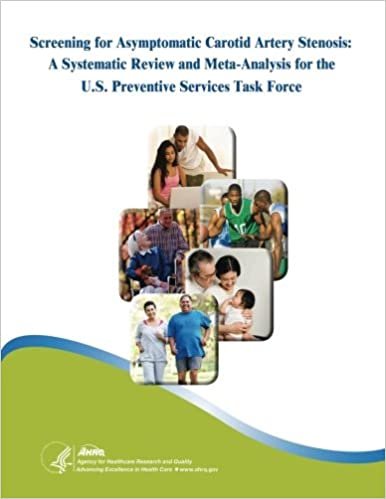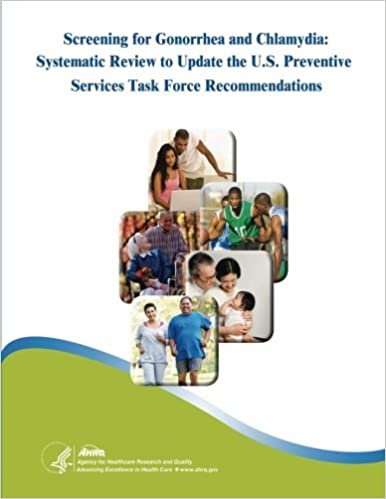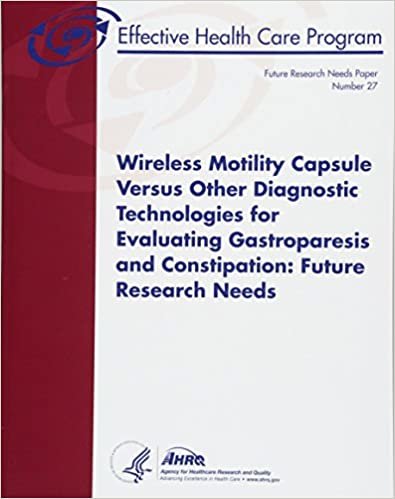Effects of Omega-3 Fatty Acids on Cardiovascular Risk Factors and Intermediate Markers of Cardiovascular Disease: Evidence Report/Technology Assessment Number 93 pdf
U.S. Department of Health and Human Services
Taşınabilir Belge Biçimi, Acrobat ürünleri için Adobe tarafından oluşturulmuştur. Bu, popüler bir elektronik popüler formattır çünkü bu format için yazılım desteği birçok cihaz için mevcuttur. Bu nedenle Effects of Omega-3 Fatty Acids on Cardiovascular Risk Factors and Intermediate Markers of Cardiovascular Disease: Evidence Report/Technology Assessment Number 93 kitabını ücretsiz olarak indirebilir ve çeşitli elektronik ortamlarda kullanabilirsiniz. PDF görüntüleyici örnekleri arasında Adobe Reader, Foxit Reader, Nitro PDF Reader, PDF-XChange Viewer, Xpdf ve diğerleri sayılabilir. Ücretsiz maioria programı. PDF'deki dezavantaj, bu biçimin A4 için tasarlanması ve uzaklaştırdığınızda, akıllı telefonlarda olduğu gibi harflerin okunaksız hale gelmesidir.
Primeiro, Effects of Omega-3 Fatty Acids on Cardiovascular Risk Factors and Intermediate Markers of Cardiovascular Disease: Evidence Report/Technology Assessment Number 93 yazarından U.S. Department of Health and Human Services PDF formatında ücretsiz olarak indirmeniz içindir. PDF'yi görüntülemek için, ister resmi ister ücretsiz Adobe Adobe programı olsun, birçok program vardır. Modern baskı teknolojisinin önemli miktarda ekipmanı, PDF için donanım desteği, herhangi bir yazılım kullanarak bu formatta Effects of Omega-3 Fatty Acids on Cardiovascular Risk Factors and Intermediate Markers of Cardiovascular Disease: Evidence Report/Technology Assessment Number 93 için yararlı olabilir. Bir Effects of Omega-3 Fatty Acids on Cardiovascular Risk Factors and Intermediate Markers of Cardiovascular Disease: Evidence Report/Technology Assessment Number 93 PDF dosyası oluşturmanın geleneksel yolu, özel programında hazırlanan bir grafik olan bir grafik programı veya metin düzenleyicisi, CAD vb. Olan ve Effects of Omega-3 Fatty Acids on Cardiovascular Risk Factors and Intermediate Markers of Cardiovascular Disease: Evidence Report/Technology Assessment Number 93 PDF formatına aktarılan sanal bir yazıcıdır. ISO 32000 uyarınca 1 Temmuz 2008 tarihli PDF formatında elektronik ortamda dağıtım, baskı için iletim vb.
Effects of Omega-3 Fatty Acids on Cardiovascular Risk Factors and Intermediate Markers of Cardiovascular Disease: Evidence Report/Technology Assessment Number 93 kitabını PDF biçiminde kullanmak, gerekli yazı tiplerini (linha ve linha metni), vektör resimleri ve bitmap resimlerini, formları ve multimedya eklerini eklemenizi sağlar. Effects of Omega-3 Fatty Acids on Cardiovascular Risk Factors and Intermediate Markers of Cardiovascular Disease: Evidence Report/Technology Assessment Number 93 adlı PDF kitabı, elektronik yardımcıların belgeleri korumaları ve kimlik doğrulamaları için bir mekanizma içermektedir. Bu nedenle, Effects of Omega-3 Fatty Acids on Cardiovascular Risk Factors and Intermediate Markers of Cardiovascular Disease: Evidence Report/Technology Assessment Number 93 kitabını U.S. Department of Health and Human Services yazarından hızlı bir şekilde indirmek ve yazdırmak istiyorsanız, bir PDF formatına ihtiyacınız vardır. Bu biçimi ayrıca dosyayı hızlı bir şekilde indirmek ve tüm multimedya cihazlarınızda kullanmak için de kullanabilirsiniz. Effects of Omega-3 Fatty Acids on Cardiovascular Risk Factors and Intermediate Markers of Cardiovascular Disease: Evidence Report/Technology Assessment Number 93 kitabı için PDF biçimini nasıl uyguladığınız hakkındaki görüşlerinizi bekliyoruz.
Numerous studies have examined the relationship between dietary fat and cardiovascular disease (CVD). Most early epidemiology studies noted very low cardiovascular mortality in populations with high fish consumption. The apparent benefit of dietary fish is explained by the intake of very long chain, highly polyunsaturated omega-3 fatty acids.5 Since these early studies, hundreds of observational and clinical trials have been conducted to analyze the effect of both marine and plant sources of omega-3 fatty acids on CVD and a wide range of risk factors and intermediate markers of CVD, and to define and explain the potential benefits of increased intake of the omega-3 fatty acids. The primary omega-3 fatty acids of interest include eicosapentaenoic acid (EPA, 20:5 n-3) and docosahexaenoic acid (DHA, 22:6 n-3), which are derived primarily from marine sources, and alpha-linolenic acid (ALA, 18:3 n-3), which is derived primarily from plant sources. This report examines evidence addressing both the association in humans between omega-3 fatty acids and cardiovascular intermediate outcomes and risk factors and the association between omega-3 fatty acids and tissue or plasma levels of omega-3 fatty acids. The three specific populations of interest are healthy adults with no known CVD or risk factors; adults at increased risk of CVD due specifically to diabetes, hypertension, or hyperlipidemia; and adults with known CVD. The exposure of interest is omega-3 fatty acids. Questions of interest include how different sources, dosages, and relative proportions of the fatty acids differ in their effects on the outcomes of interest. Included are questions addressing possible differences between the effects of supplements (e.g., fish oil capsules) and dietary sources (e.g., fatty fish), the effect of duration of intervention or exposure, and whether any effect is sustained after stopping exposure. In addition, because of a lack of clarity regarding the most accurate measure of levels of omega-3 fatty acids in the body, we also address how omega-3 fatty acid intake relates to different measures of tissue and plasma fatty acid levels. A large number of putative risk factors for and intermediate markers of CVD exist, including markers for different aspects of CVD, markers for risk factors of CVD, and markers for other factors related to cardiovascular health. However, the relationship between most of these laboratory measurements or diagnostic tests and aspects of atherosclerosis such as inflammation, are generally unproven. The relationships between these factors and actual clinical disease and events are generally even more theoretical. Based on these limitations and the available data, the effects of omega-3 fatty acid intake on the following risk factors are addressed in this report: total cholesterol; low density lipoprotein cholesterol (LDL); high density lipoprotein cholesterol (HDL); triglycerides (Tg); lipoprotein(a) [Lp(a)]; apolipoprotein (apo) A1; apo B; apo B-100 and LDL apo B; systolic and diastolic blood pressure (BP); hemoglobin (Hgb) A1c; fasting blood sugar (FBS); fasting insulin; C-reactive protein (CRP); fibrinogen; factors VII, VIII, and von Willebrand factor (vWF); and platelet aggregation. In addition, we examine the following intermediate markers of CVD: coronary artery restenosis after angioplasty, carotid artery intima-media thickness (IMT), exercise tolerance testing (ETT), and heart rate (HR) variability.
indir
Baskı Detayları
| Yazar |
U.S. Department of Health and Human Services
Agency for Healthcare Research and Quality
|
| İsbn 10 |
1500334111
|
| İsbn 13 |
978-1500334116
|
| Yayınevi |
CreateSpace Independent Publishing Platform
|
| dil |
İngilizce
|
| Boyutlar ve boyutlar |
21,6 x 1,9 x 27,9 cm
|
| Gönderen Effects of Omega-3 Fatty Acids on Cardiovascular Risk Factors and Intermediate Markers of Cardiovascular Disease: Evidence Report/Technology Assessment Number 93 |
28 Haziran 2014
|
